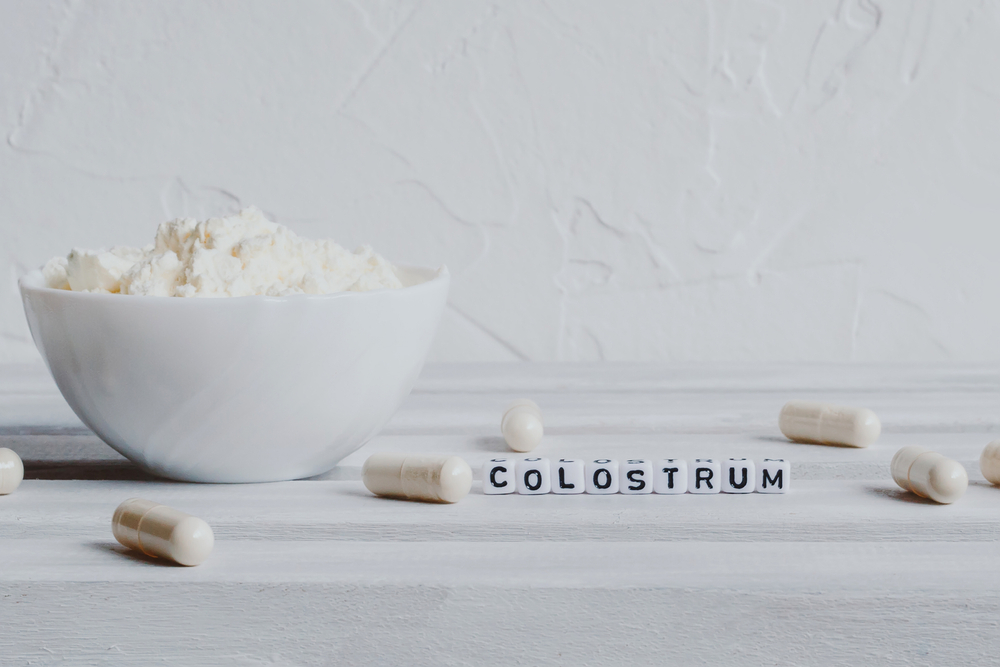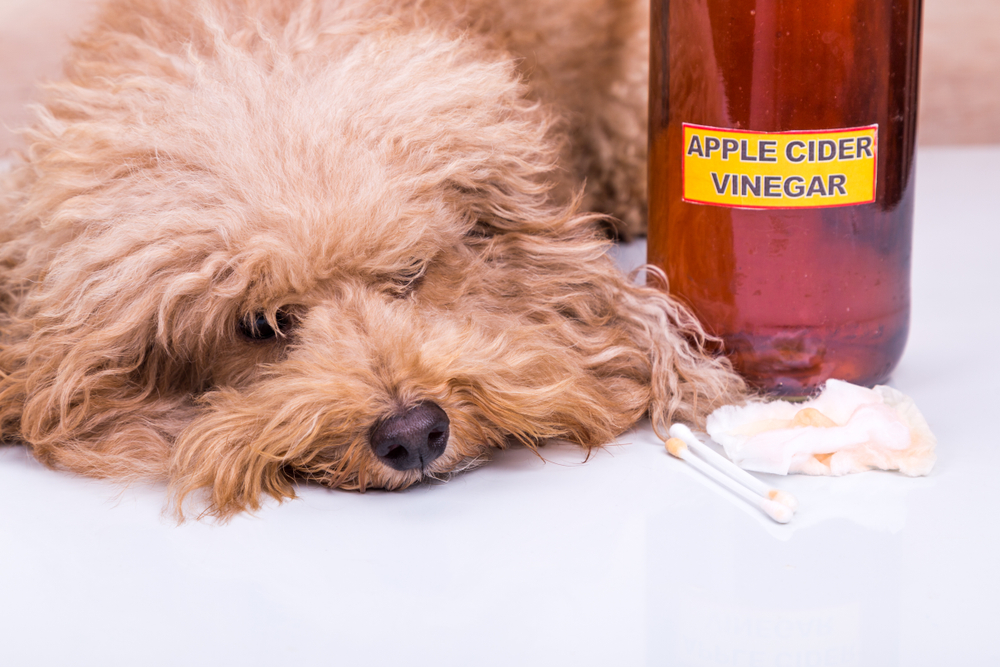
More and more lab owners are watching their pups suffer from itchiness caused by allergies. If your lab is constantly scratching, adding these natural ingredients to their diet may help. Always check first with your vet to rule out other skin or flea and tick issues.
1. Give Your Lab a High Quality Fish Oil Daily
First and foremost, make sure you’re giving your lab a high quality fish oil. Fish oil contains omega-3, which is lacking in most commercial pet foods since it cannot survive the manufacturing process. Omega-3 helps soothe inflammation, and in some studies it significantly reduced itchiness in dogs with moderate to mild atopic dermatitis. We like Norwegian Salmon oil (also some great options on Amazon) for it’s ultra-high purity.
2. Try Adding Quercetin To Your Lab’s Diet
Quercetin is also known as “Nature’s Benadryl.” This ingredient has become very popular in recent years for dogs as it helps suppress inflammation in the body. It’s a bit hard to find in supplement form, but is included in some soft chew formulas. (here’s one on Amazon as well)
3. Try a Colostrum Supplement for Your Lab

Found in mother’s milk, bovine colostrum helps support a normal histamine response to help improve allergies. Colostrum contains immunoglobulins (often referred to as antibodies) which help boost the performance of your lab’s immune system. Canine colostrum supplements are a bit hard to find, but are included in some soft chew formulas. (here’s our favorite on Amazon Prime)
4. Add Reishi Mushrooms To Your Lab’s Diet
Reishi mushroom contain ganoderic acid, which is a compound that inhibits the release of histamines. Histamines cause allergic reactions in your lab’s body. In addition, this powerhouse ingredient has anti-inflammatory properties which can help relieve itchiness. Reishi supplements for dogs are available on Amazon as well.
5. Try Giving Apple Cider Vinegar to Your Lab Topically or As a Dietary Supplement

ACV provides digestive support and relief for allergic reactions. A small amount can be put into your dog’s water bowl, or you can apply it topically. You can also apply a 50% mixture of ACV, and 50% water directly to your dog’s skin in areas that are experience rash or itchiness. If given orally, you can also find apple cider vinegar soft chew supplements for dogs.
6. Try Giving Your Lab a Colloidal Oatmeal Bath
A popular remedy for people too, this age-old source of relief can also work for your lab. See our review of our favorite oatmeal shampoos for dogs here.
7. Try Massaging Coconut Oil on Your Lab’s Skin (or adding to their diet)
Coconut oil can be applied directly to your dog’s skin. It helps relieve itchiness and also can improve your dog’s skin and coat in general. Many dogs love the taste, which can actually become a bit of a problem if your pup licks it off their skin too quickly! We like the CocoTherapy brand of coconut oil made specifically for dogs.
8. Test if a Probiotic Makes a Difference for Your Lab
Scientists are finding many links between our digestive system and many forms of disease. Many pet owners notice a difference in their dog’s allergy symptoms after giving a canine probiotic supplement (make sure to use one made for dogs). Your results may vary, but it’s worth a try.
Many of the above ingredients can be found in this 6-in-1 allergy and itch supplement for dogs, including salmon oil, reishi mushrooms, colostrum, apple cider vinegar, quercetin, and probiotics.
Also available on Amazon Prime ![]()

Top 9 Pet Insurance Plans for Labs (2022)
- CBD for Labs: What You Need to Know
- Best Supplements for a Senior Lab
- Best Flea & Tick Products for Labs
- Best Online Dog Training Courses for Lab
- Best Hip & Joint Supplement for a Lab
- What Supplements Should I Give a Lab Puppy?
- The 9 Best Lab Puppy Foods
- Best Dog Beds for Labs
- Improve Your Labs Skin & Coat with This One Hack
- Giving This to Your Lab Daily Can Alleviate Itchy Allergies
- 6 Natural Ingredients to Fight Your Labs Allergies
- 8 Ways to Stop Your Labs Scratching
- 7 Ways to Calm Your Labs Anxiety
- 6 Remedies for Your Labs Diarrhea, Gas, or Vomiting
- 7 Best Dental Chews for a Lab
 Toledo, United States.
Toledo, United States.
